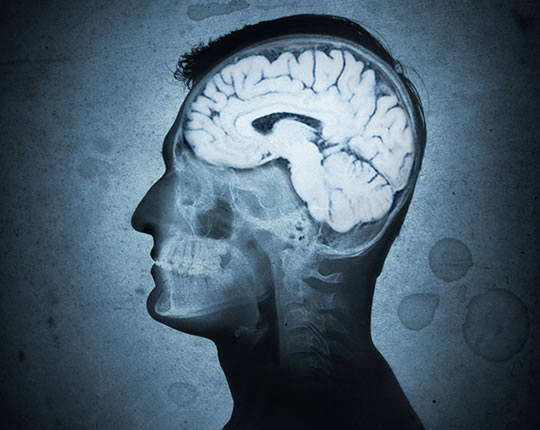Alzheimer’s linked to condition that affects 1 in 5 people in the US.
Insomnia leads to a build up of the proteins linked to Alzheimer’s, new research finds.
Insomnia is thought to affect around 1 in 5 people in the US — somewhere between 50 and 70 million people.
In addition, around one-third of Americans do not get enough sleep.
A wakeful brain, though, produces more amyloid beta than the brain’s waste disposal system can cope with.
This could eventually lead to Alzheimer’s disease.
Professor Randall Bateman, who led the study, said:
“This study is the clearest demonstration in humans that sleep disruption leads to an increased risk of Alzheimer’s disease through an amyloid beta mechanism.
The study showed that it was due to overproduction of amyloid beta during sleep deprivation.”
The study looked at the effects of sleeping poorly on the brain in the short term.
Three groups were compared: some slept normally, some stayed up all night and others were given a sleeping aid.
Those who stayed up had amyloid beta levels some 25-30% higher.
This level is on a par with those genetically predisposed to Alzheimer’s.
Dr Brendan Lucey, the study’s first author, said:
“I don’t want anyone to think that they are going to get Alzheimer’s disease because they pulled an all-nighter in college.
One night probably has no effect on your overall risk of Alzheimer’s.
We are really much more concerned about people with chronic sleep problems.”
Amyloid beta is a normal byproduct of brain activity.
However, without adequate sleep, the brain cannot clear it away.
Dr Lucey said:
“Understanding how lack of sleep relates to the concentrations of amyloid beta in the brain will help direct future research into therapeutics.
This information could help us figure out how to reduce amyloid beta deposition over time in people whose sleep is chronically disrupted.”
Sleep medication may not provide much benefit, the study suggests.
Dr Lucey said:
“We were looking at healthy, well-rested adults.
This suggests that if you already are getting enough sleep, getting more sleep with the help of medication may not provide any benefit.”
The study was published in the journal Annals of Neurology (Lucey et al., 2017).

